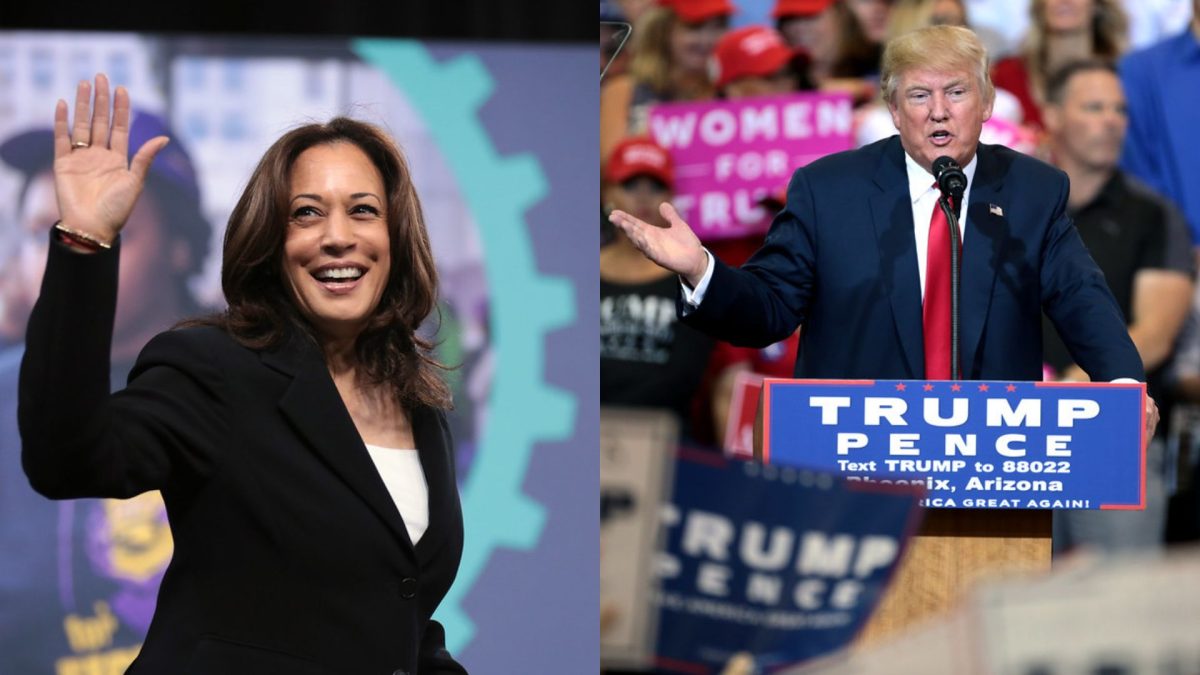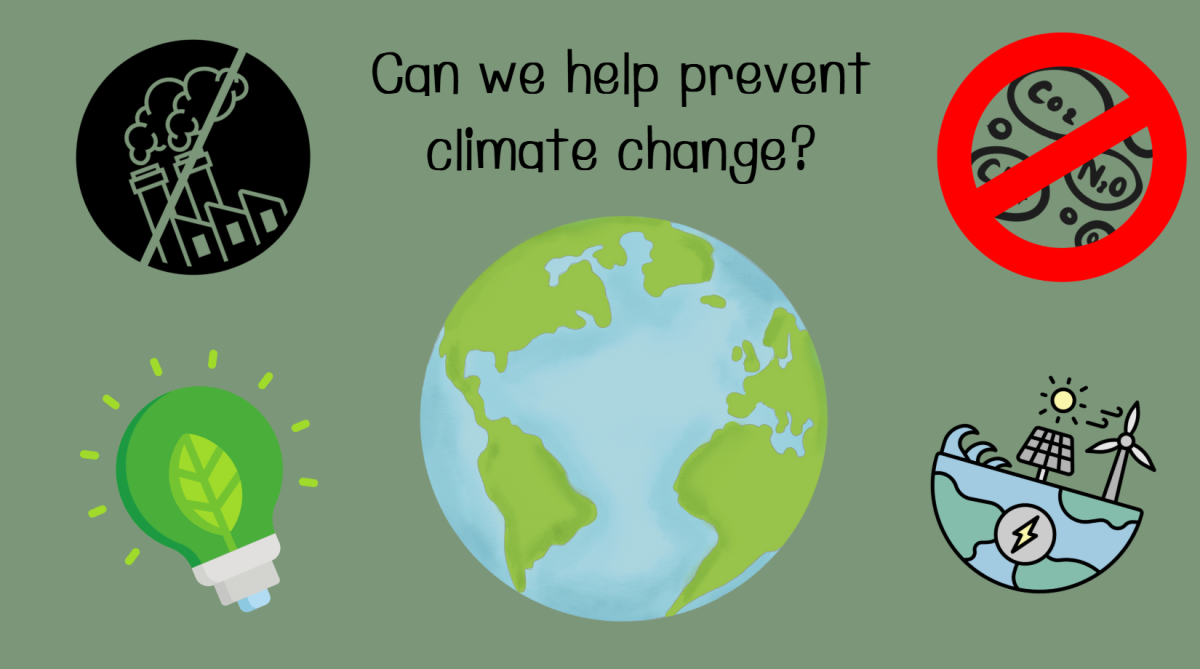The months leading up to Election Day, posters reading “Harris Walz” or “Trump Vance” lined the streets in preparation for the 60th quadrennial presidential election. On Nov. 6, the day after Election Day, it was officially announced that Republican candidate — and former president — Donald Trump had won the election. His win, however, raised different concerns amongst different audiences, bringing up the question of what comes next, which includes some undoubtedly significant shifts in U.S. policies.
For background, Trump secured his victory with 276 electoral votes, while his opponent Vice President Kamala Harris had received only 223. His projected victory in battleground Wisconsin pushed the Republican candidate past the 270 electoral votes needed, bringing his total to 276, as vote counting continues in several key states.
Thus, he will be returning to the nation’s highest office four years after losing the 2020 election, unsuccessfully attempting to overturn the results, enduring two presidential impeachments, a criminal conviction, and facing numerous other criminal charges, according to CNN.
But while Trump’s win is widely known, what is not clear is what his presidency will entail.
On a broader scale, worries are rising regarding U.S. financial aid to Ukraine, over which both Trump and his Vice President JD Vance have expressed skepticism.
“Every time that [Ukrainian President Volodymyr] Zelensky comes to this country, he walks away with $60 billion — he’s the greatest salesman ever,” Trump said, according to the Washington Post.
However, some officials in Zelensky’s government see potential benefits in a Trump victory, frustrated by what they view as the current White House’s cautious stance on escalating support against Russia. They feel their requests for advanced weapons and fewer usage restrictions have often been stalled or denied. There is concern that Trump might pressure Ukraine into territorial concessions—an idea strongly opposed by Zelensky’s administration, as it could create new rifts in Europe. Trump, meanwhile, has claimed he could settle the conflict “as president-elect before I take office,” though he has provided no specifics.
According to BBC, Trump has pledged to end the conflict “within 24 hours” through a negotiated deal, though has not specified what he believes either side should concede.
On the campaign trail, Trump has continued to praise authoritarian leaders and disregard democratic norms, even suggesting the use of the military on U.S. soil against what he calls “the enemy from within.” His rhetoric — along with actions like withdrawing from the United Nations Human Rights Council and threats to a free press — could have a chilling impact globally, experts warn, especially as freedom declines in many parts of the world, according to the Washington Post.
One of the most important issues facing the world today is climate change, which is growing worse than ever.
Politicians working to fight climate change around the world — with extreme heat threatening to make parts of Asia and Africa unlivable within decades — worry that progress could halt under Trump. He has dismissed climate change as a “hoax” and removed over 100 protections for U.S. land, air, and water during his last term. Now, Trump has promised to reverse many of Biden’s environmental rules, prevent any new ones, and has asked oil CEOs to direct $1 billion to his campaign.
In a campaign document, Trump promised to once again withdraw from the Paris climate accord — the main global agreement on addressing climate change — claiming it unfairly burdens the United States. His previous exit from the accord, aimed at cutting carbon emissions, sparked concern among climate scientists and experts worldwide. After winning the 2020 election, Biden had rejoined the agreement. Trump plans to revoke these efforts in alleviating climate change: “We’re gonna do it again.”
Another issue that has taken center stage in Trump’s campaign, especially as polls show widespread voter disapproval of the Biden administration’s handling of the Mexico border, is border security, which he has made a central theme of his political platform. His focus on this issue is not new, as during his first term, he implemented strict policies to curb legal immigration, and his 2024 platform indicates he plans to take similar actions. High on his campaign’s agenda is a pledge to “carry out the largest deportation operation in American history,” according to the Washington Post. Although U.S. authorities currently lack the resources to detain and deport millions, Trump has said he would deploy National Guard troops to support the effort.
According to a paper co-authored by researchers at the North American Integration and Development Center at UCLA, the United States and Mexico could experience “devastating effects” from large-scale deportations. The paper highlights the deep interdependence between the two countries, noting their close ties through migration, remittances, and trade.
Prior to the election, Trump threatened to impose tariffs on Mexico — America’s largest trading partner in 2023 — ranging from 25 to 100 percent, unless the country takes stronger action to curb migration north.
Another issue that has grown especially important throughout the election is abortion.
Going against the wishes of some of his supporters, Trump announced he would not sign a national abortion ban into law during his debate with Kamala Harris.
In 2022, the Supreme Court — with a conservative majority established during Trump’s first term — overturned the nationwide constitutional right to abortion.
Reproductive rights became a central campaign issue for Harris, and on election day, multiple states passed measures to protect or expand abortion rights.
Trump has frequently stated that abortion laws should be left to the states, though he has had difficulty maintaining a consistent stance on the issue.
All in all, Trump’s return to the White House could bring significant shifts in U.S. policies, especially in areas such as immigration and international relations. His plans for large-scale deportations and tariffs on Mexico could affect the deep economic and social ties between the two countries. The long-term impact of these policies will be crucial for both nations and their future relations.








